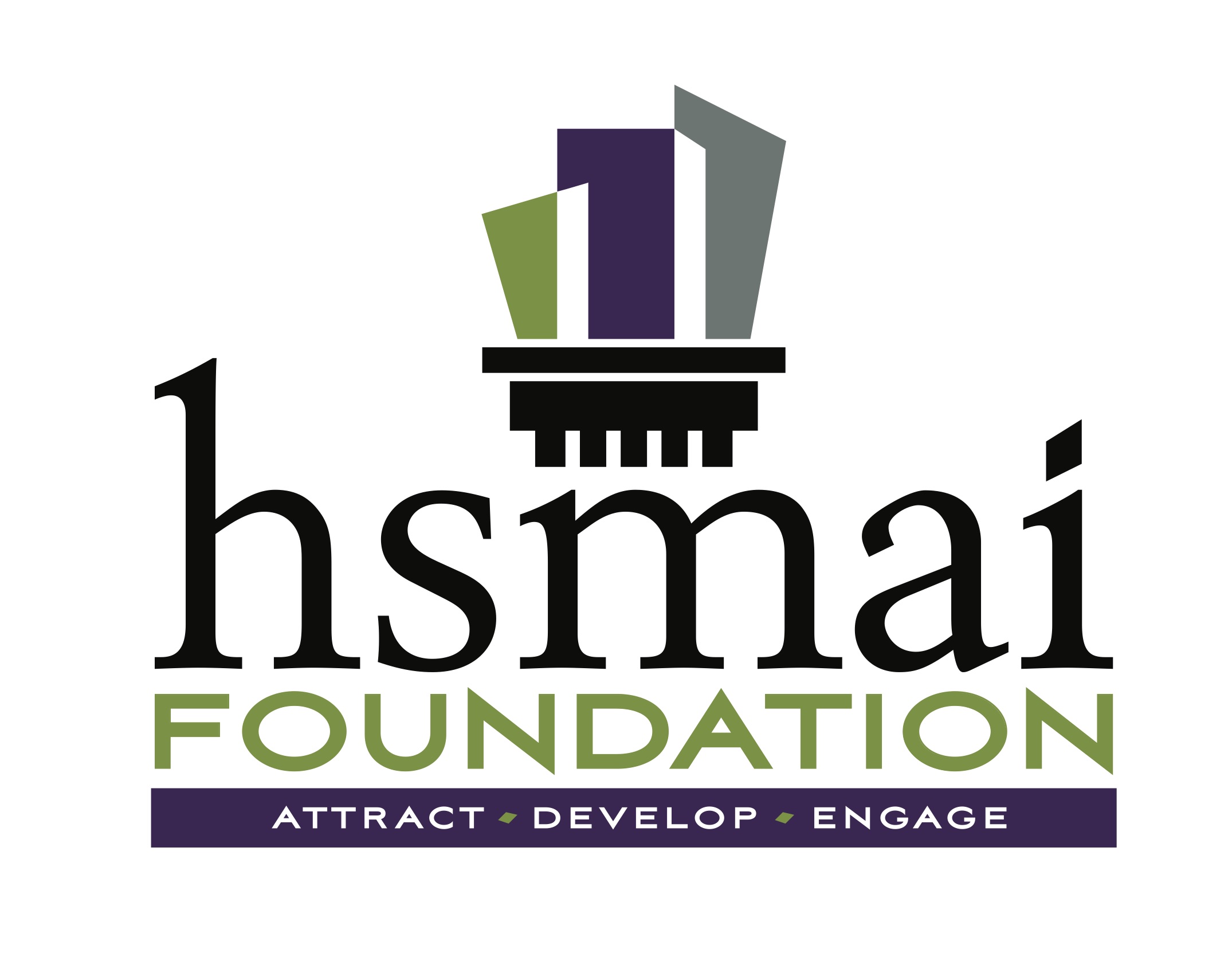By Kaitlin Dunn, Writer, Hospitality Sales & Marketing Association International (HSMAI)
 The HSMAI Foundation and HSMAI Middle East hosted a virtual Executive Roundtable on Oct. 21 for hotel chief human resources officers in the region to discuss best practices they have developed after nearly eight months in the world of COVID-19. J. Bruce Tracey, Ph.D., editor of Cornell Hospitality Quarterly, professor of management at Cornell University’s School of Hotel Administration, and member of the HSMAI Foundation Board of Trustees, facilitated the discussion. HSMAI Americas hosted previous CHRO roundtables on July 14 and Oct. 15, HSMAI Asia Pacific hosted one on Aug. 19, and HSMAI Europe hosted one on Sept. 16. Participants shared lessons learned and best practices, many revolving around changes in HR departments, technology, and employee wellness.
The HSMAI Foundation and HSMAI Middle East hosted a virtual Executive Roundtable on Oct. 21 for hotel chief human resources officers in the region to discuss best practices they have developed after nearly eight months in the world of COVID-19. J. Bruce Tracey, Ph.D., editor of Cornell Hospitality Quarterly, professor of management at Cornell University’s School of Hotel Administration, and member of the HSMAI Foundation Board of Trustees, facilitated the discussion. HSMAI Americas hosted previous CHRO roundtables on July 14 and Oct. 15, HSMAI Asia Pacific hosted one on Aug. 19, and HSMAI Europe hosted one on Sept. 16. Participants shared lessons learned and best practices, many revolving around changes in HR departments, technology, and employee wellness.
CHANGES IN HR DEPARTMENTS
HR departments are not immune from the changes that have affected most of the hospitality industry, with several roundtable participants noting that their departments have been restructured. “In HR, we’re going into a completely self-service environment with technology,” one participant said. “Everybody will be able to do their HR-related work from their phones. I’m actually looking at taking HR out of all my properties and moving them into a centralized services office. There will be self-service kiosks, where you can get in there, go onto Teams, get into HR, and have your issues handled where necessary.”
The participant added that HR at their company is also transitioning some of its traditional duties to managers and instead serving in more of a support role. “All of the discipline and related issues, unless it comes to termination, have to be managed at the property level by the employees’ managers,” the participant said.
Another participant’s HR department is also being restructured and decentralized, so hotels and employees are more self-sufficient and less dependent on HR. “I find that we were babysitting our employees way too much,” the participant said. “Our employees want to make their own decisions and have self-service, but getting people to stop being reliant is not easy.”
TECHNOLOGY AND INNOVATION
The pandemic has accelerated the use of technology in most aspects of the hospitality industry. Participants said that guest services is one area where they have seen a lot of change. “We’re wanting to do a lot more particularly around understanding guests better,” one participant said.
One participant mentioned a new loyalty program their company recently rolled out. “It’s beautiful in its marketing, but it’s actually a very robust system on the back end,” the participant said. “It’s cleaning up guest profiles and finding better, more targeted ways of interacting. There are huge investments behind the scenes to drive greater engagement.”
While technology brings many efficiencies to the industry, it also eliminates the need for many jobs, participants said. “I don’t think technology will replace people in hospitality very soon,” one participant said, “but there will be a reduction in people because of the efficiencies that technology will bring.”
The participant added that technology likely will make some jobs that handle things like restaurant reservations or room-service orders obsolete, but people will always be needed to run hotels overall.
Along with technological changes, hotels are changing processes and services, forcing employees to come up with creative new solutions or, in some cases, look at older ways of doing things. “I used to laugh at anyone that was doing gueridon service and say they were a dinosaur,” one participant said. “Well, guess what? It’s back. We can’t bring people to the buffet, so we take the buffet to them. We immediately changed our buffets to these rolling trolleys.”
EMPLOYEE WELLNESS
As much as HR professionals and managers want employees to put their wellbeing first, roundtable participants said they have been having a hard time getting them to use benefits designed to help them, such as employee assistance programs (EAPs). “We have a wellness program, and we have a hotline, we have legal advice, mental health advice, and financial advisers,” one participant said. “But quite often people just don’t call those numbers. I want to push staff to deal with wellness and stress and fatigue. Safety and security have to be looked after before people can self-actualize and be contributing members of the organization.”
Another participant’s organization has been conducting workshops at each of its hotels to make sure that employees know what resources are available to them and that managers are able to help their employees. “I’ve been stressing with my HR team and general managers to look for different behavior,” the participant said. “If there was a good performer pre-COVID and their performance is going down and they’ve been quiet or calling in sick, you need to support and help them. We’ve been doing our best to create awareness within the hotels.”
One participant said that it’s a difficult balance supporting employees’ individual work needs while still operating the hotel. “Wellness is a strange thing right now, because some of our associates are completely okay with the way everything is going,” one participant said. “But others have really changed their lifestyle and it’s very scary for them. Finding a balance on allowing people to work from home and allowing others to come into the office has been very tricky.”
HSMAI Foundation: The mission of the HSMAI Foundation is to elevate the overall caliber and performance of sales, marketing, and revenue optimization professionals in the global hospitality industry by driving initiatives that will attract new talent, develop emerging talent, and engage existing talent. Learn more here.
For additional information, insights, and tools, visit HSMAI’s Global Coronavirus Recovery Resources page.
